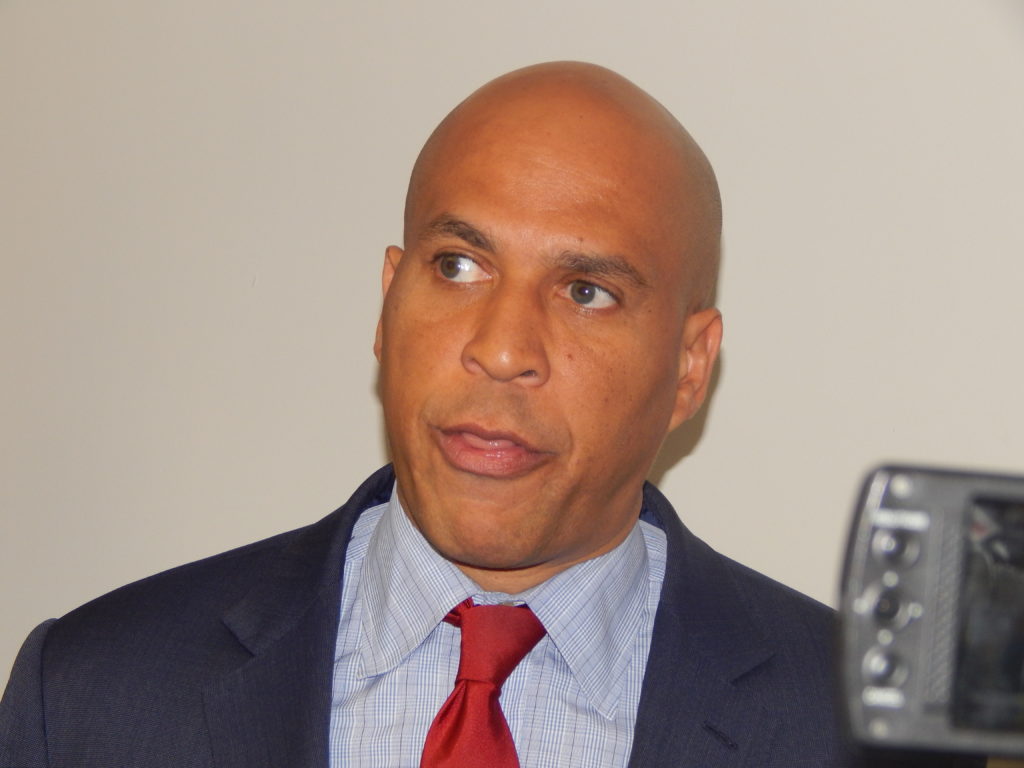Booker on the Release of GOP Memo: a Moment of ‘Extreme Peril’ for the US

Responding to President Donald J Trump’s approval of the release of a GOP memo criticizing FBI surveillance, U.S. Sen. Cory Booker (D-NJ), a member of the Senate Judiciary Committee, called the President’s move a moment of “extreme peril” for the country.
“President Trump and his allies in Congress are stopping at nothing to interfere with the special counsel’s Russia probe, even if it means putting the safety of the American public at risk, and degrading the rule of law,” said Booker, a member of the Senate Judiciary Committee. “In doing the bidding of President Trump, Congressman Nunes is engaging in willfully reckless, partisan, and obstructive behavior. His memo was written and selectively edited by those with a clear agenda of protecting Trump above all else, even our national security.”
Booker reminded Nunes that in America, people swear an allegiance to the Constitution, not the person in the Oval Office.
“No one is above the law,” said New Jersey’s junior senator. “The American people can see clearly what’s happening here and how dangerous it is. We must speak up and speak out. And Congress must act to check this out-of-control behavior before it damages our institutions and degrades our country any further. That starts with immediately advancing legislation to protect the special counsel from further interference. Absent this, his investigation and the independence of our judicial system is in immediate jeopardy.”
Sen. Lindsay Graham (R-SC) and Booker are authors of the Special Counsel Independence Protection Act, bipartisan legislation that would create a judicial check on the executive branch’s ability to remove a special counsel. The Senate Judiciary Committee held a hearing on the proposal and a complimentary one authored by Sens. Thom Tillis (R-NC) and Chris Coons (D-DE) in September 2017.








Leave a Reply